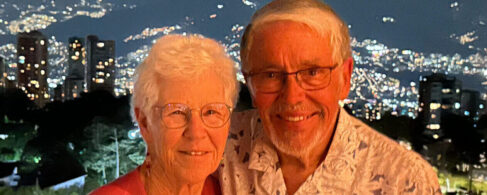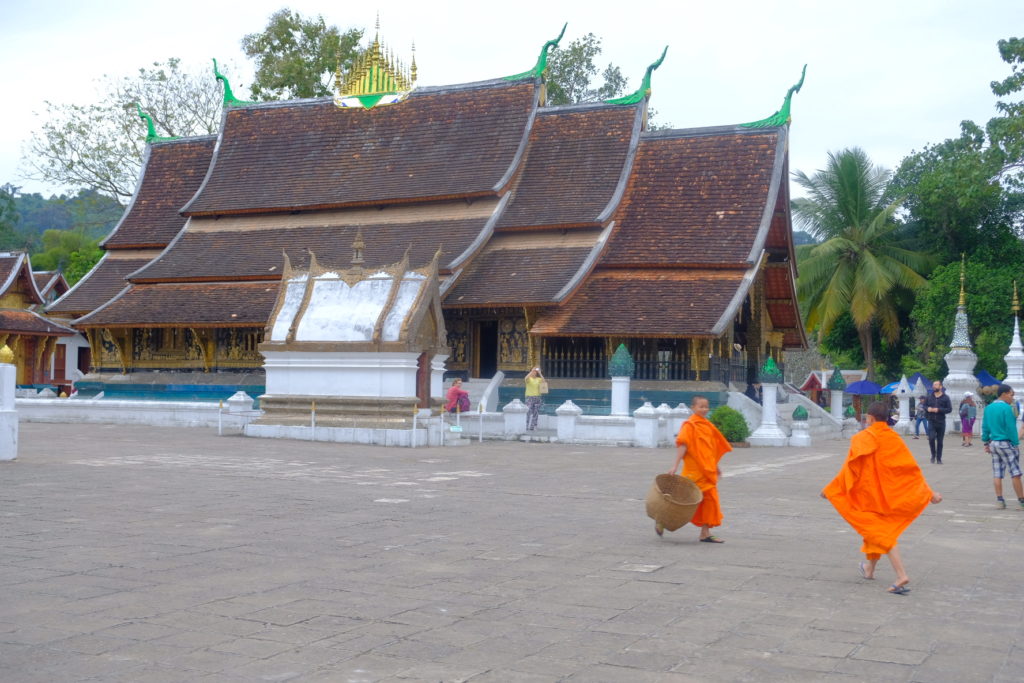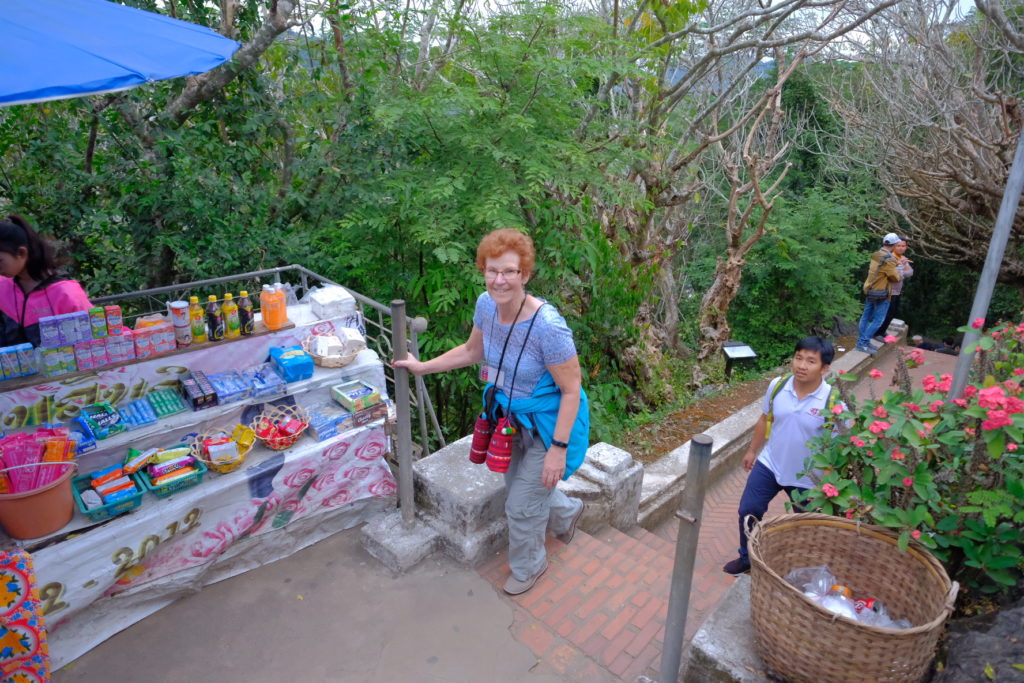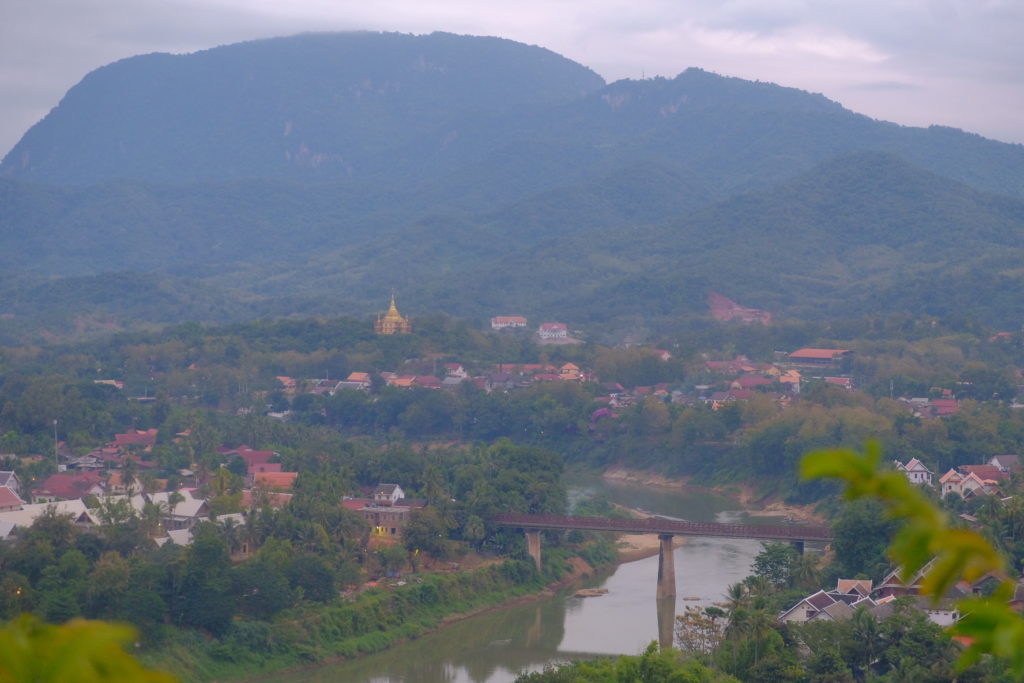It’s hard to figure out Thailand and it’s potential. On the one hand Bangkok looks like a prosperous, happening place. But the skyscrapers are intermixed with slums and low-end urban sprawl. Wealth distribution is far from even.
Thailand has universal healthcare and free public education for K-12. The foundation for a prosperous future. Free Enterprise and capitalism seem to be fully-functional here. But it’s who you know (and who you pay) that’s important in Thailand – “lack of transparency” (corruption) is high.
I, without knowing what I am talking about, would rank Thailand as a second world country. Why? Immigrants from true third-world countries, especially Myanmar and other bordering countries come to Thailand to do the work Thais don’t want to do: manual labor and agriculture. Thais go to more developed countries to earn wages that can’t be had at home. Jack told of his brother’s experience. Twice he has gone to Israel to work in an orange grove. Once Jack loaned him $US5,000 to make the trip. His wife paid Jack back as his brother sent money home. Upon his return they had enough money to renovate his house. Borrowing money for foreign work travel is risky. Lenders often require a property deed to be surrendered for security. If the worker squanders his money on booze, gambling or prostitutes, or if the worker’s wife runs off with another man, the worker’s house can be forfeited.
In theory, Thailand is a constitutional democracy with a king and popularly-elected parliament. In practice it operates as an oligarchy with the King, the military and the royal conservatives calling the shots. Together they control the vast majority of the country’s wealth.
As I mentioned the other day there have been coup d’etas 18 times in the last 70 years. When the military (and King and the royalist) think the elected Prime Minister and parliament have gone off in the wrong direction they step in, set up a military government and run the country until it is going in the right direction. The “right direction” is what’s right for the oligarchy. I guess it’s sort of like training wheels on a kid’s bike: lean too far to the left or right and the wheels keep Little Jonnie from falling on his keister.
The last time there was a coup the military threw out the PM (who happened to be Thailand’s first female PM) because she raised the price of rice from 25 cents per kilo to 75 cents. The farmers were delighted but not the rice traders who saw their wholesale distribution business disappear and who happen to be members of the royal conservatives.
I was ready to say, “We’ll, this might not work in the U.S. but maybe for Thailand it works OK.“ But yesterday evening Jack brought in a speaker who made me think twice. “Mr. Otto” is a young journalist who works as a reporter who works for a Thai-based NGO whose mission is to provide unfiltered (uncensored ) news about current affairs in Thailand. Recently he attend a rally calling for openness in a way that was seen to be critical of the current military government. He was there as a reporter and didn’t participate but was arrested nonetheless. His trial is set for next year; he could receive a sentence of up to 10 years in prison.
I asked Mt. Otto, “What path is there to move from today’s environment of military control and censorship to a place where open expression of opinion is allowed?” He replied that there are many barriers. Since the last coup a new constitution has been ratified that places a number of hurdles in the path to openness and reform. The new constitution makes permanent the rules prohibiting criticism of the government and the royalty through the Article 112 provisions. It also gave the military the right to appoint 250 members to the Senate. So if a new civil government was elected tomorrow its hands would be tied by the new constitution.
I don’t see, based on limited information and perhaps my faulty analysis, where Thailand goes next. It would seem that either there is an Arab Spring kind of uprising or Thailand just keeps trudging along as is and that enough crumbs trickle down to keep the masses happy. Maybe I was right in the first place.
We’re now in Luang Prabang, the capital of Laos until the king was deposed by the French. After the French and WWII the Communists took over in 1975 with support from Ho Chi Minh. Those who had supported South Vietnam and the US had to flee and seek refuge in a Thailand refugee camps and the US. Many Mong people ended up in Minneapolis and other US cities this way. Our Lao guide Toui told us that his grandfather fought for Ho Cho Minh and the Communists, participating in many key battles and had to avoid continual B52 bombings.
I guess I didn’t learn my lesson from Thailand. Tonight I found myself (with Judy) walking the length of a seemingly endless outdoor night market. I may not have been cramped up in a sampan like last time but my hip was complaining about climbing 328 steps to see the view from atop Pheidippides Hill. Just had to do it!
Tomorrow we cruise the. Mekong River.
The Internet is a bit dicey so just a few pictures.





